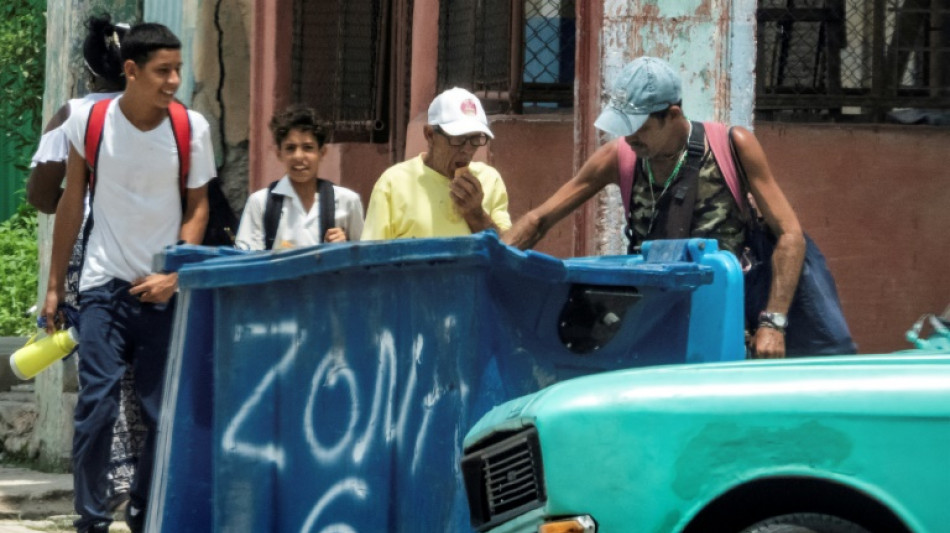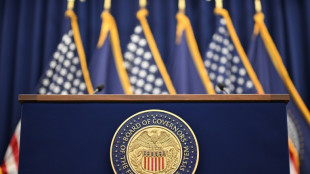

Cuban minister resigns after downplaying poverty
The labor minister in economically depressed Cuba resigned Tuesday amid an uproar over her claim that people rummaging through garbage cans were only pretending to be poor and not truly desperate.
Such scenes of acute need are common in Cuba, especially in Havana, as people in the communist run country grapple with runaway inflation, meager wages and food shortages, causing some to resort to panhandling or eating out of the trash.
The labor minister who denied this, Marta Elena Feito, who also oversees the social security system, "acknowledged her mistake and tendered her resignation," Cuban state media said Tuesday, adding that she had shown a "lack of objectivity and sensitivity."
On Monday, Feito told a parliamentary committee meeting about measures to address poverty that people rummaging for food in garbage bins are in fact dressed up to look like beggars.
"When you look at their hands, when you look at the clothes those people are wearing, they are disguised as beggars. They are not beggars. In Cuba, there are no beggars," she said in statements broadcast live on state television.
Social media users in the communist nation reacted with outrage, posting photos of people eating out of trash cans, while economist Pedro Monreal commented on X that there are "people disguised as 'ministers'" in Cuba.
President Miguel Diaz-Canel entered the fray on X Tuesday to lambast Feito's "lack of sensitivity."
He later told a parliamentary session that "none of us can act with arrogance, act with pretense, disconnected from the realities we live in."
Beggars, added Diaz-Canel, are "concrete expressions of social inequalities and the problems" Cuba faces.
Poverty levels have increased sharply as the Caribbean country reckons with its worst economic crisis in three decades, marked by shortages of food, medicine and fuel and daily power blackouts.
Observers blame a combination of US sanctions, domestic mismanagement of the economy, and the Covid-19 pandemic tanking the nation's vital tourist industry.
Last year, the government said there were 189,000 families and 350,000 individuals out of a population of 9.7 million living in "vulnerable" conditions and benefiting from social assistance programs.
AFP has observed a marked increase in the last two years of homeless people and beggars on the streets of a country where the average monthly salary is less than $20 at the unofficial exchange rate.
Cuba's economy shrunk for the second consecutive year in 2024, contracting 1.1 percent compared to 1.9 percent in 2023.
D.Nelson--RTC

